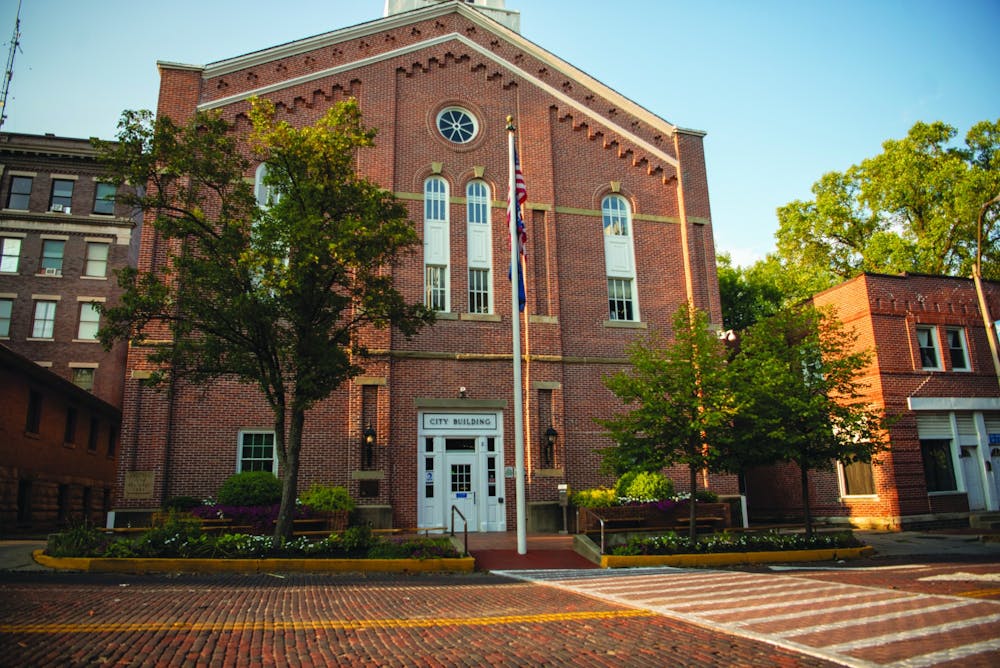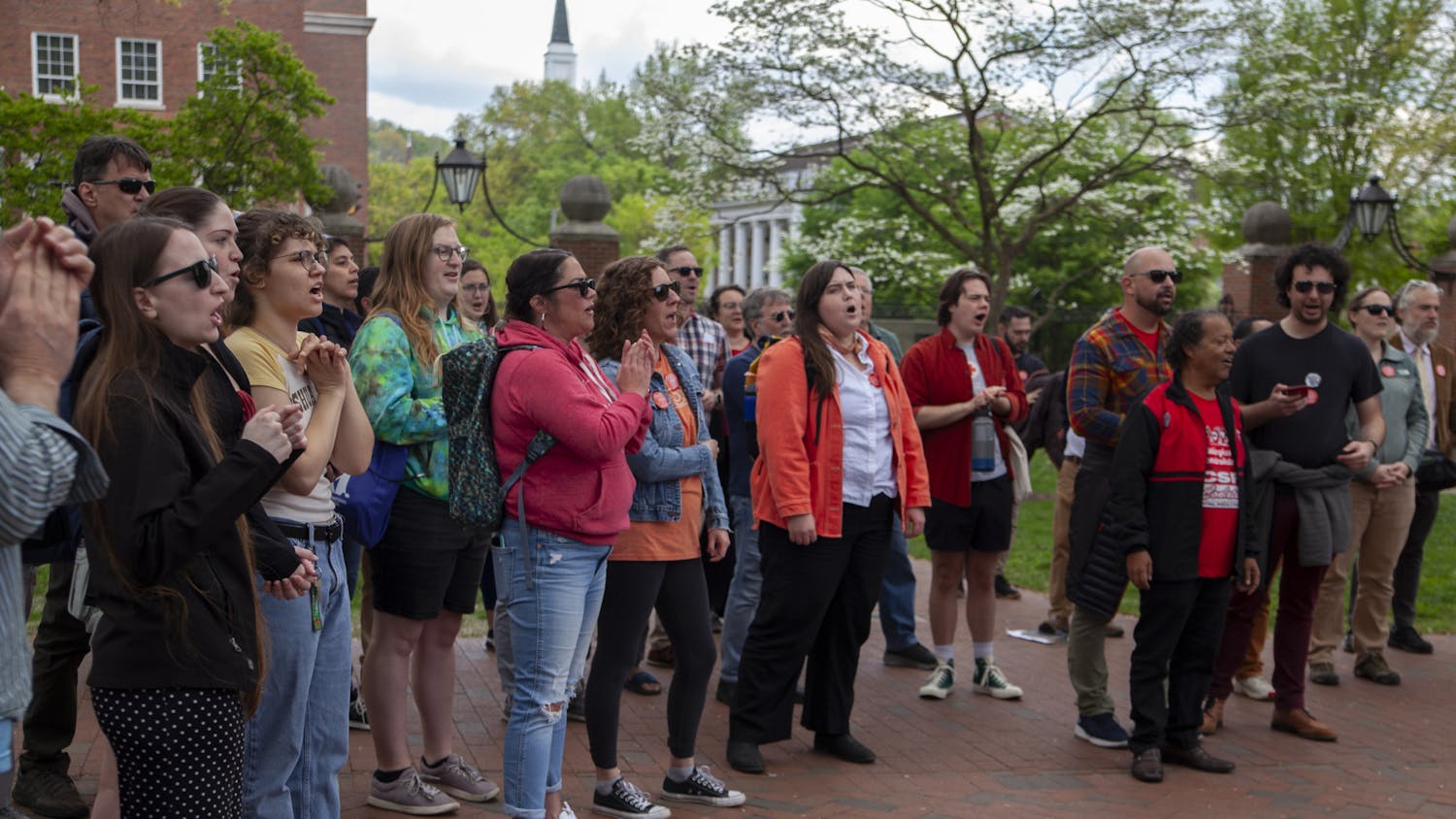Athens City Council introduced plans to continue with Union Street redevelopment by designating the area as a downtown redevelopment district, or DRD.
The ordinance, introduced at City Council’s Monday meeting, will allow the city to not only redevelop but invest back into itself as well. The DRD designation allows a city to redevelop around historic buildings, which will help increase property values in the surrounding area and increase tax values.
“It will benefit the city from an economic development standpoint,” Athens Mayor Steve Patterson said. “Where we can have older buildings renovated or additions added which will spur new businesses moving into retail spaces.”
The development must span 10 acres and include a building considered as the historical anchor. That building helps increase property values of the surrounding area and any other renovated or rectified buildings.
“DRD is a relatively new tool that the state of Ohio has developed to help economic development in areas that have historically designated buildings (and) the areas around it,” Councilwoman Chris Fahl, D-4th Ward, said.
Fahl explained that there is no raise in taxes, and the area can be mixed-used commercial and residential, as long as it is not completely residential. The funds that are collected can be used for renovations on historic anchors, provide loans to other businesses and increase funds for public infrastructure. It is a way to both benefit the public and protect historic buildings, Fahl said.
Not only will this redevelopment plan bring a change in scenery to the area, it will also create new jobs and opportunities for Athens.
Patterson said the new Ohio Health building currently in the first stages of development will help the surrounding property see an increase in value once it is reassessed.
Another topic at tonight’s meeting was the introduction of an ordinance proposing the outdated language of existing city codes be updated with inclusive language.
“A lot of things have changed in the city of Athens since I have been mayor and a city council member prior to that,” Patterson said. “We provided language for protecting individuals with gender identity and preference.
Patterson said there was a lot of language missing from the discrimination statement including marital status and familial status. Some of that language was not complete and now it will be.
“Reviewing code is intensive,” Fahl said. “Some of our code is rather old and updating it is always necessary.”
The updated language will be more thoughtful and inclusive. It is a lengthy process to undertake, with a long city code, and at times requires having to go through different departments for permission of updates, Fahl said.






